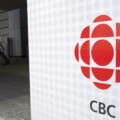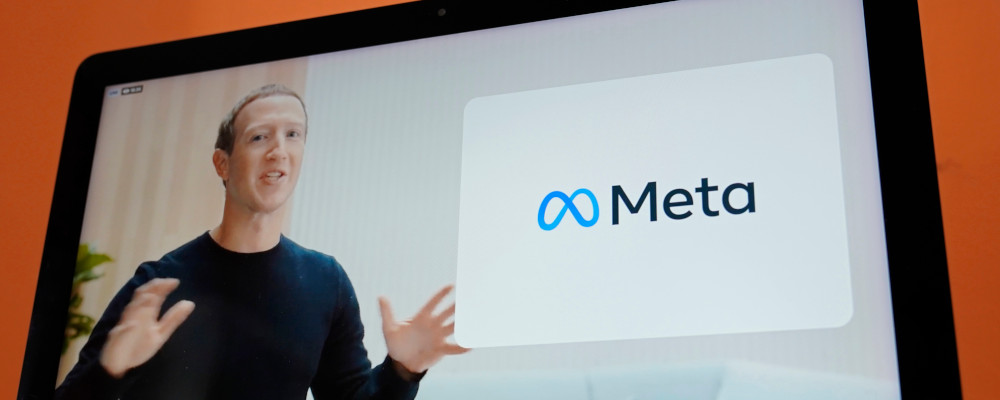Meta’s bluffing, they said.
Facebook will never survive without news, they insisted. Users will demand it.
The web giants will cave in just like they did in Australia, they said. Just wait.
These statements tell you everything you need to know about how badly so many within the world of journalism, overwhelmed by bluster, misunderstand the economics of the online world and their business’s 21st-century reality. So far, the most vociferous backers of the Online News Act (Bill C-18) haven’t just been wrong about predicting its consequences, they have misjudged public sentiment in extravagant style. One wonders what they teach in journalism schools that so many could be so spectacularly and predictably wrong.
Today, they will continue that tradition with a cringeworthy call for the nation to rise in solidarity with them and mark Sept.15 as a #DayWithoutMeta. The date was chosen because it correlates to International Democracy Day. And, as we all know from reading the public prints and watching TV news, the foundations of society crumble without well-paid journos. Or so they say.
If you have come late to this story, Bill C-18 was based on the unproven allegation that Meta (which owns Facebook, Instagram, and Threads) and Google “steal” content produced by news organizations and refuse to share the allegedly large profits their mischief generates. The bill was designed to force those Big Tech companies to go beyond the tens of millions they were already spending to support journalism in Canada and cough up hundreds of millions more through contrived new “commercial” agreements. Most legacy news organizations—newspapers in particular —have struggled to compete with the web giants’ superior advertising models and, as a result, thousands of jobs have disappeared and the “free press” has embraced an apparently permanent role as a ward of the state.
The response from the big companies, notwithstanding agreements they made Down Under when faced with a Rupert Murdoch-led shakedown there, has been that this premise is nonsense. Bill C-18 leaves them no rational business choice, they insist, other than to no longer link to news in Canada and, it appears, elsewhere.
Google has yet to pull the plug and is still attempting to talk the government off the ledge upon which it has placed itself and an industry that depends upon the audiences Meta, Google, and others drive to its sites without charge.
Meta began its news shutdown in August and is now six weeks in. For it, everything seems to be going tickety-boo. It appears to have avoided the blunders involved in its five-day blockage of news links in Australia. Even more discouraging for journalists is that Meta’s testing showed its users and advertisers aren’t just likely to disregard the absence of news, they could well be happier without it on Facebook.
The government was convinced by those most likely to bathe in web giant gold that their product—news—was wildly popular. Team Trudeau felt it could score points by demonizing the monstrous U.S. firms who, let’s face it, pose huge concerns as quasi-monopolists. And the legacy segment of the news industry—over the more well-informed protests of newer, more innovative proprietors—saw a financial gravy train that might save it (for a few more years anyway) from its inability to adapt to change.
Over the past six weeks the news industry had a chance to prove how much the public values it. It has instead revealed the unsettling truth that most of it is nowhere near as fetching, nor as necessary, as the image it self-servingly sees when it looks in the mirror.
It and its allies’ responses to Big Tech’s harumph have been stunningly ineffective.
The federal and Quebec governments pulled their advertising spends, but those moves amount to less money than Meta will save by ending its $18 million in existing journalism funding. The Liberal party, however, maintained its buys.
A call by The Friends for boycotts went nowhere. The prime minister, while declaring his determination to bring Meta into line, abandoned that conviction and mindlessly selected Instagram as the vehicle through which to announce the change in his marital status.

But, according to the Fédération professionnelle des journalistes du Québec (FPJQ) and the Société québécoise des professionnel(le)s en relations publiques (SQPRP), today’s the day all that’s going to turn around. Today, the losing streak ends and the winning begins.
Today will be the big #DayWithoutMeta.
“This 15th of September, all members of the public are invited to avoid sharing anything on Facebook and Instagram, as well as subscribing to a local media or its newsletter,” the organizers stated in a Newswire release. “This small gesture would send a strong message that Canadians are not [to] be intimidated by Meta’s decision, and that they will support journalists and news’ organizations based in our country.”
No doubt a few will heed the call. But at time of writing, a search on X for the hashtag #DayWithoutMeta produced just two results. One was from a poster in Washington, D.C. The other was from UNIFOR. In its first 13 hours, the UNIFOR post solicited two re-posts, one like, and 73 impressions.
Someone needs to tell the news industry—friend to friend—that the public’s nowhere near as into it as it is into itself.
Because this is getting embarrassing.
Recommended for You

Laura David: Red pill, blue pill: Google has made its opening salvo in the AI-news war. What’s Canadian media’s next move?

‘There can be massive policy investments made in AI literacy’: Five takeaways from John Stackhouse, Janice Gross Stein, and Jaxson Khan on the race for AI adoption in Canada

Need to Know: Legacy media has a diversity problem

Daniel Zekveld: Age verification for pornography is not government overreach




